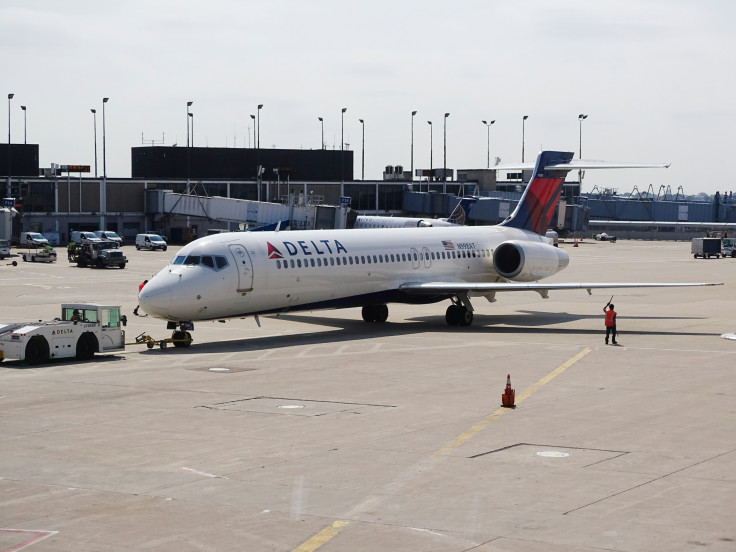
Delta Air Lines has started using artificial intelligence to set ticket prices on domestic flights across the United States.
The new system was introduced in early 2025 as part of a limited rollout. It aims to adjust fares in real time based on booking trends, demand, and traveller behaviour. Delta says the goal is to improve pricing accuracy and efficiency. However, the move has sparked debate over whether tickets will become cheaper or more expensive.
Delta Launches AI-Based Ticket Pricing on Domestic Flights
Delta Air Lines has confirmed it is now using artificial intelligence (AI) to determine ticket prices on select domestic flights. The programme, which began with a pilot across 3% of routes, is set to expand to 20% by the end of 2025. The airline is partnering with Israeli tech firm Fetcherr to test whether AI can optimise seat pricing more efficiently than traditional fare systems.
The project, which will run for 18 to 24 months, represents one of the most public efforts by a major US airline to adopt dynamic pricing models driven by advanced algorithms. Delta believes this innovation could reshape how airline fares are calculated and sold in the future.
How Delta's AI Ticket Pricing System Works
Unlike static fare systems that rely on fixed pricing brackets, Delta's AI-powered approach dynamically analyses a wide range of data in real time. The technology developed by Fetcherr considers booking trends, weather conditions, traveller profiles, flight schedules and even economic indicators to estimate a customer's likely willingness to pay. As reported by T2C Online, the algorithm is capable of shifting pricing multiple times per day, depending on external market signals, seat demand and even competitive fares.
Glen Hauenstein, Delta's President, described the shift as a 'complete re-engineering of how we price tickets' and said the airline is exploring ways to better understand customer behaviour through data-driven insights.
Will AI Bring Cheaper Airfare? What Delta Promises Travellers
Supporters say AI could lower prices on underbooked flights and benefit cost-conscious travellers. Delta claims it enables more personalised deals based on travel habits. Early trials showed a 9% increase in revenue per seat, suggesting the system may be profitable and beneficial for early or low-demand bookings.
Is AI Flight Pricing Fair? Concerns Over Delta's New Model
Not everyone supports the change. Critics warn AI pricing could raise fares for frequent flyers or those seen as willing to pay more. US Senator Ruben Gallego called the system 'predatory', accusing Delta of exploiting consumer pain points. Advocacy groups cite a lack of transparency, while privacy experts question how much personal data is being used to shape prices.
Delta is leading a broader trend, with over 250 airlines quietly testing AI pricing. The move from fixed fares to 'offer management' may soon become standard. Travellers may need to adapt by using private browsing or multiple devices to avoid personalised mark-ups.
As Delta continues to test AI-based pricing, the airline insists it is committed to balancing innovation with customer value. Whether this technology results in lower prices or creates a new layer of complexity for travellers remains to be seen.
One thing is clear: the way we book flights is changing rapidly, and AI is at the centre of it.







